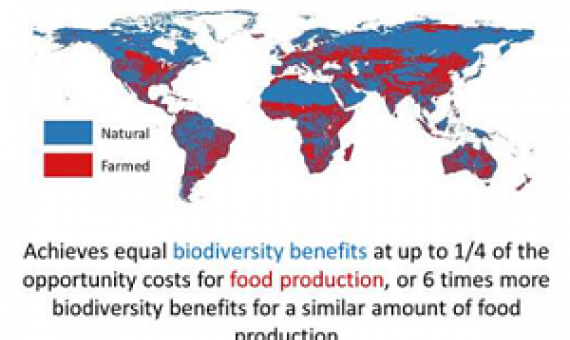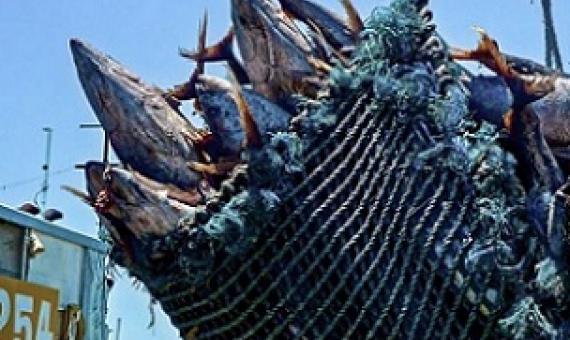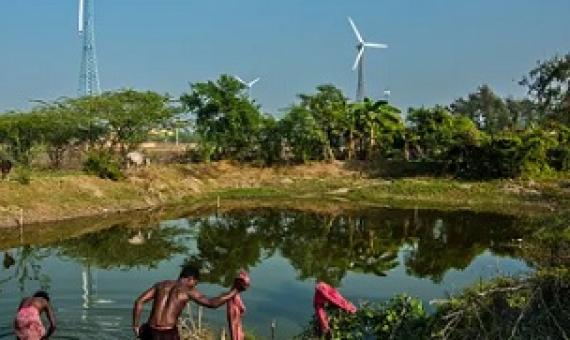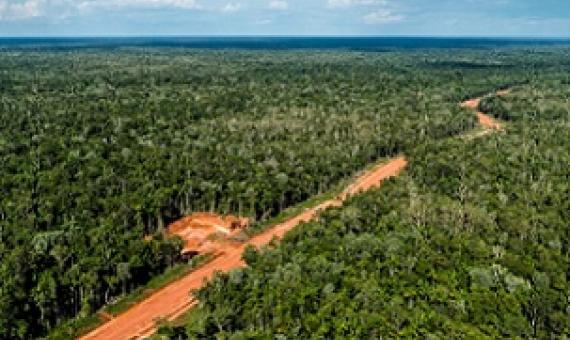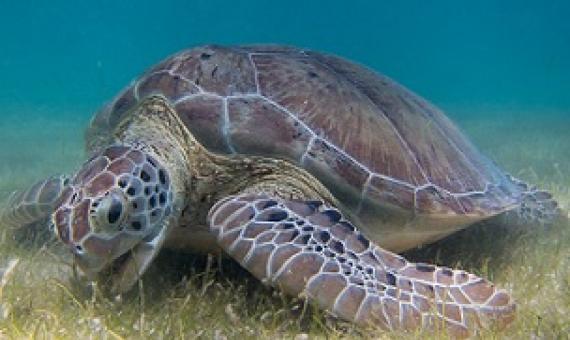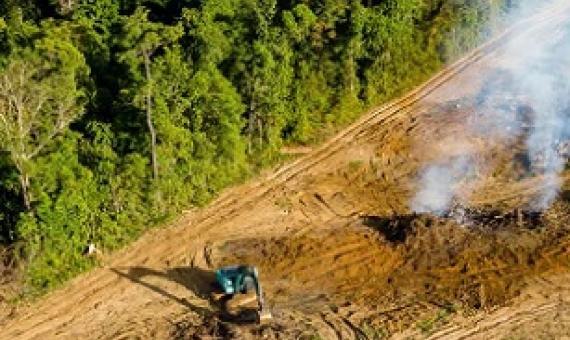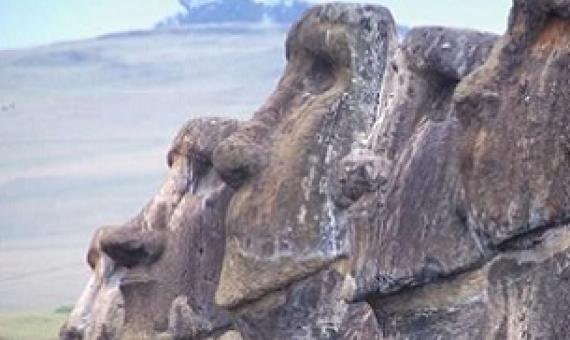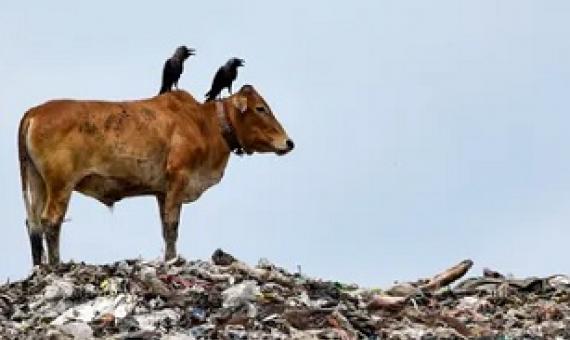Crop and livestock production are among the main drivers of biodiversity loss globally. Due to the ever-increasing demand of land for food production, reverting global biodiversity decline and feeding the world is one of the greatest challenges of our time.
The benefits of sustainably managed wild fisheries, which support food and nutritional security, livelihoods, and cultures, are being undermined by government payments that incentivise overcapacity and lead to overfishing, biodiversity degradation and loss, and CO2 emissions, the scientists argue
Nearly two years after the first reported case of Covid-19, the world is still facing the repercussions. At the same time, the extent of our planetary emergency – of climate crisis, biodiversity loss and inequality – has become evident.
...according to a study based on satellite imagery and maps from local governments that was published last month in Biological Conservation.
Human impacts and Anthropocene environmental change at Lake Kutubu, a Ramsar wetland in Papua New Guinea
The impacts of human-induced environmental change that characterize the Anthropocene are not felt equally across the globe. In the tropics, the potential for the sudden collapse of ecosystems in response to multiple interacting pressures has been of increasing concern in ecological and conservation research. The tropical ecosystems of Papua New Guinea are areas of diverse rainforest flora and fauna, inhabited by human populations that are equally diverse, both culturally and linguistically.
Humanity is quickly crossing critical planetary boundaries that threaten sea turtle populations, their ecosystems and, ultimately, the “safe operating space” for human existence.
The ReNature project is proud to announce the release of an interactive online toolkit designed to guide experts and non-experts in the implementation of nature-based solutions.
We all know action on climate change is urgently needed. But that doesn’t mean a forest should be razed to build a wind farm.
New research from Binghamton University, State University of New York suggests that the demographic collapse at the core of the Easter Island myth didn't really happen.
Eliminating plastic pollution, reducing pesticide use by two-thirds, halving the rate of invasive species introduction and eliminating $500bn (£360bn) of harmful environmental government subsidies a year are among the targets in a new draft of a Paris-style UN agreement on biodiversity loss.

